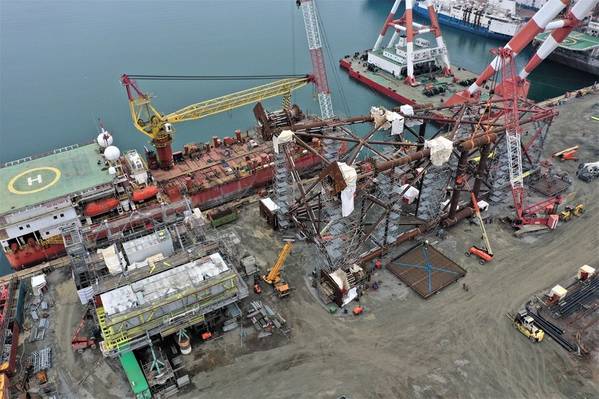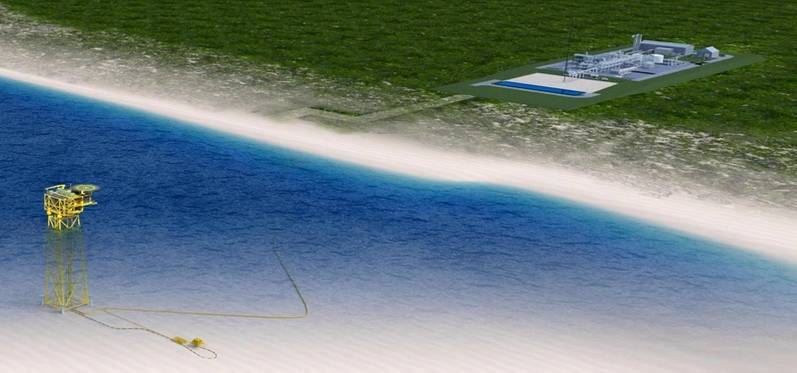
Black Sea Oil & Gas (BSOG) is pressing ahead to be the first company to tap Romania's offshore gas fields despite a disputed tax that has stymied other projects, but if the levy remains it could impact its operations in the country, its chief executive said.
The company's project to extract an estimated 10 billion cubic meters of gas will become a litmus test of the European Union state's ability to attract investors and tap its estimated 200 billion cubic meters in the Black Sea.
Several gas producers have spent years and billions of dollars preparing to tap those reserves, but all except BSOG put a final investment decision on hold three years ago when the previous government imposed an extra tax on offshore projects.
"The start of production is not contingent on the legislation being repealed, but it does have an impact on how BSOG further engages in Romania," CEO Mark Beacom told Reuters.
"We have had continuous reassurance that the law will be amended but ... we have yet to see a draft amendment posted for public debate. Should it continue to remain in force, the partner group could look to other measures for seeking resolution of this issue."
In February, Beacom said production could start in November, but that deadline could now be delayed slightly as construction works at the project's onshore treatment plant may not be completed by the year-end, he said.
He added BSOG was analyzing renewable energy projects using its existing infrastructure, including onshore solar and wind parks and an offshore pilot green hydrogen power plant. Credit: BSOG
Credit: BSOG
The tax is preventing companies such as OMV Petrom, majority-controlled by Austria's OMV from moving forward with its deepwater project where it discovered 1.5-3 trillion cubic feet of gas and contributed to Exxon Mobil's exit from it.
Russia's Lukoil and Romanian state producer Romgaz also had a separate offshore project.
Gas producers, the energy regulator and analysts have said Romania needs to press ahead with tapping offshore reserves as its onshore gas fields are dwindling and the country needs to phase out coal in line with EU targets.
The centrist government has said offshore legislation would be amended in parliament this year. But its plans might be further delayed as tensions in the ruling coalition escalated and the government is now at risk of collapse.
Failure to change legislation would undermine Romania's credibility, put billions of dollars of revenue at risk and increase the country's reliance on Russian gas imports.
Beacom said he did not believe the legislation will remain in place for long, "given the current natural gas demand, the significant rise of gas imports and prices in Romania, as well as in the EU, and offshore law's counterproductive nature for Romania that ensures no further investments will be undertaken."
OMV Petrom Chief Executive Christina Verchere agreed.
"Based on what we've been told, the offshore law will be done this year and we need it to be done this year," she said on Friday.
Romania had the highest effective tax rate on offshore gas production among relevant European states at 23%, more than four times higher than average, according to a study by consultancy PwC Romania for the oil and gas employers' association.
(Reporting by Luiza Ilie; Editing by David Evans)
Video from 2018: